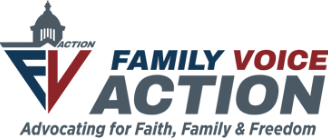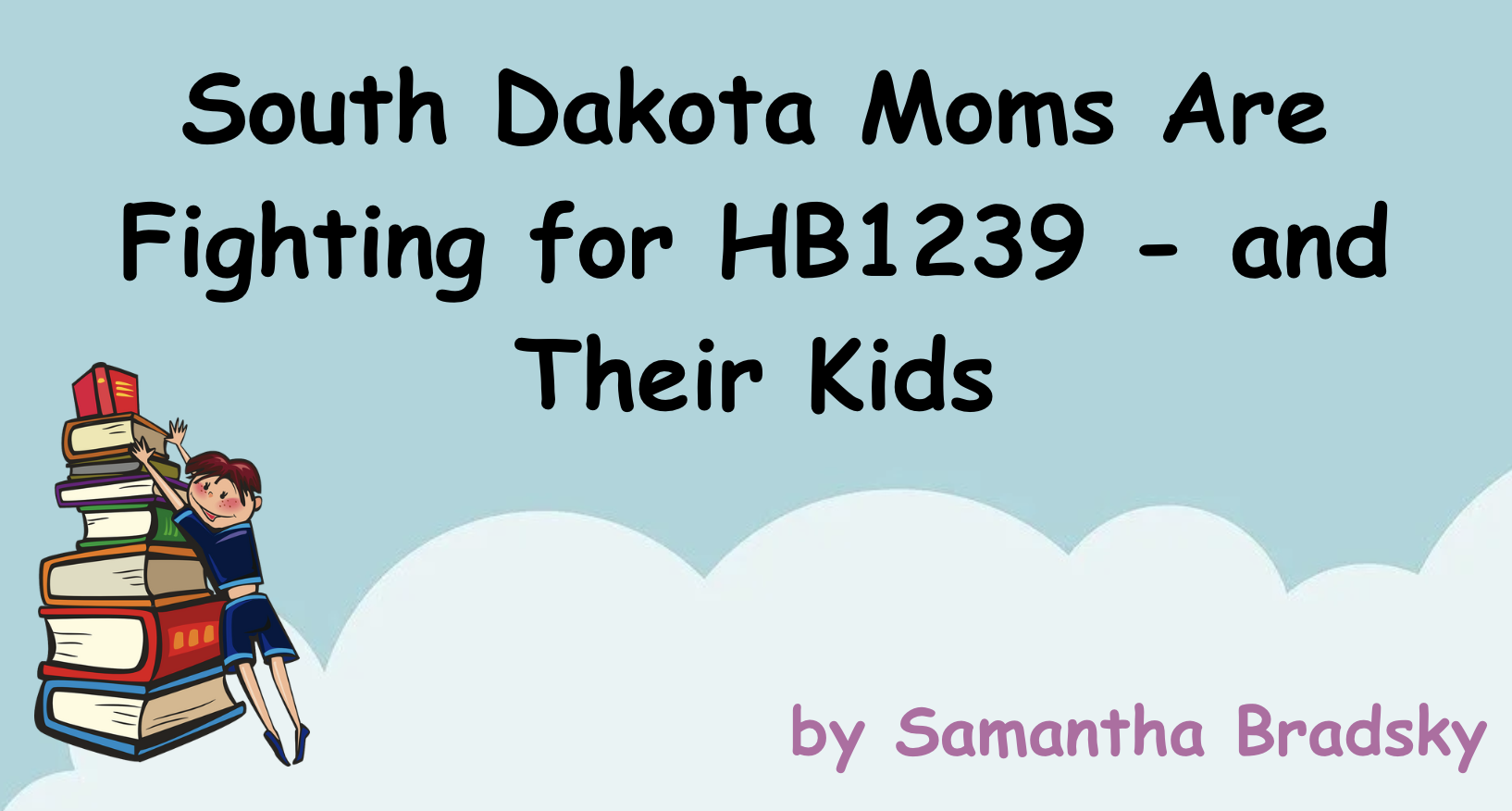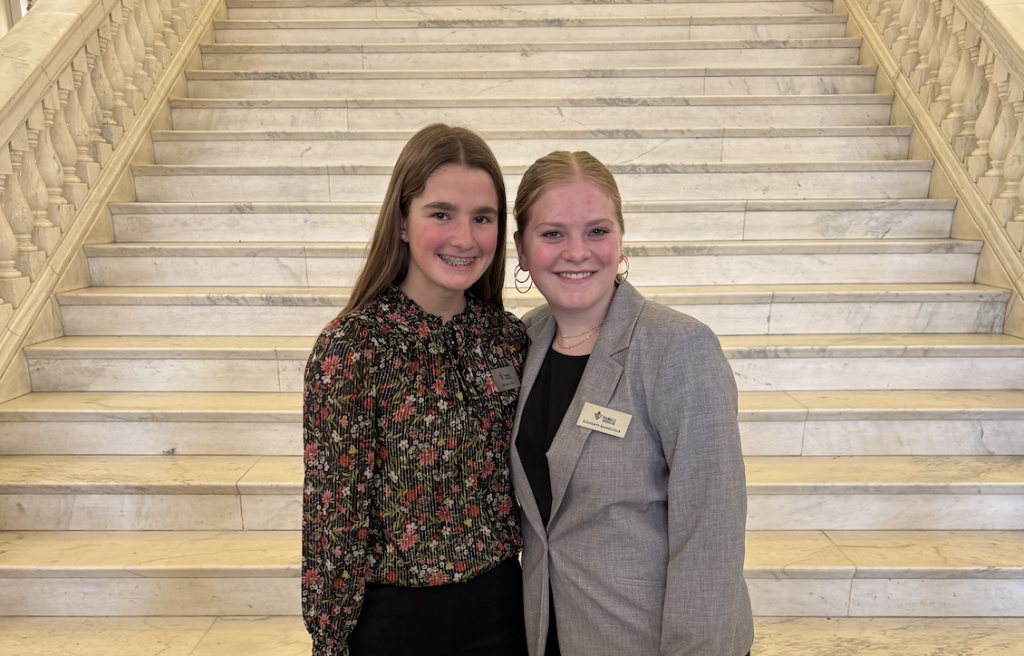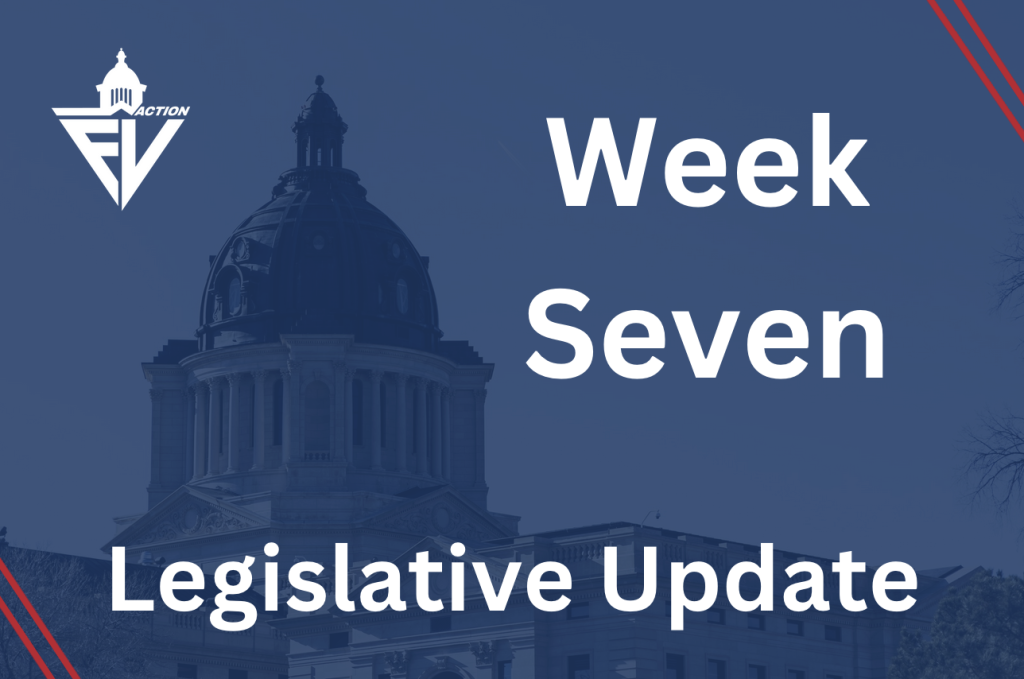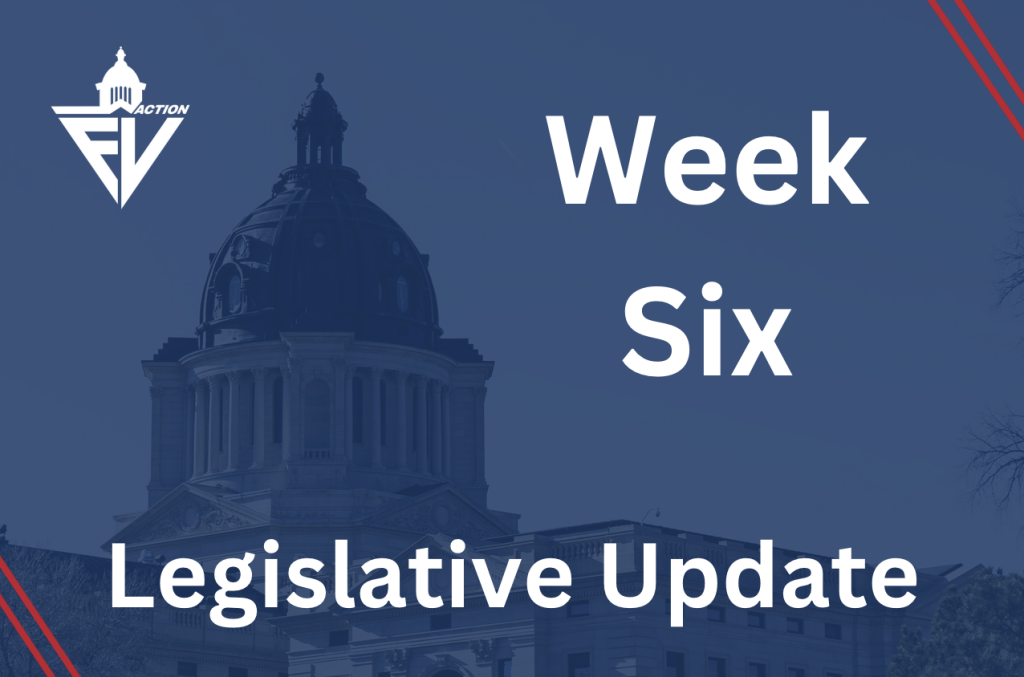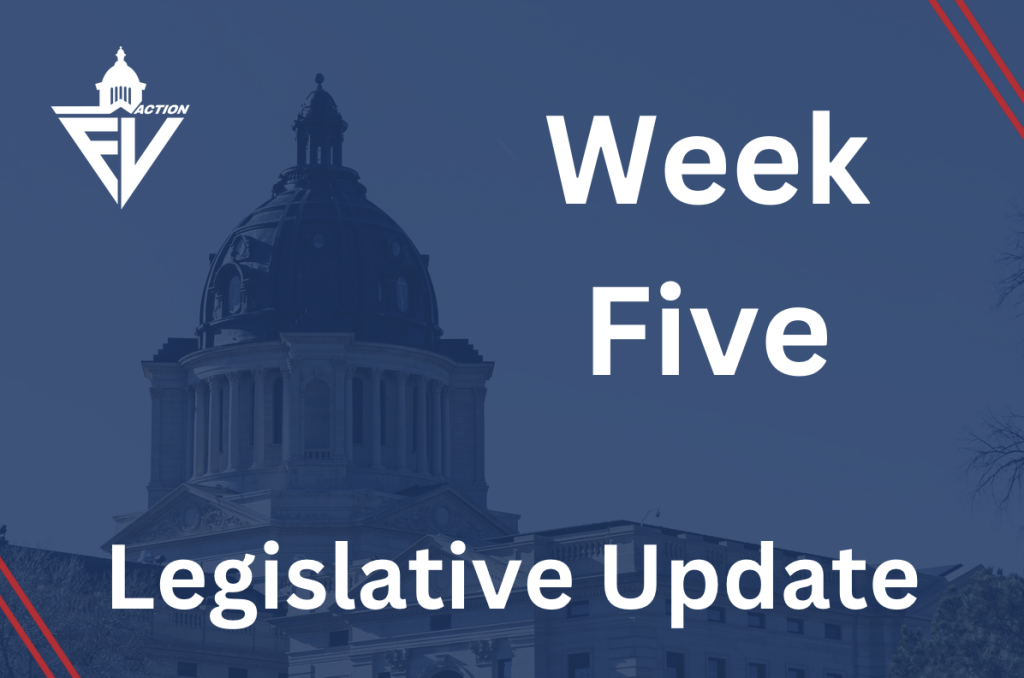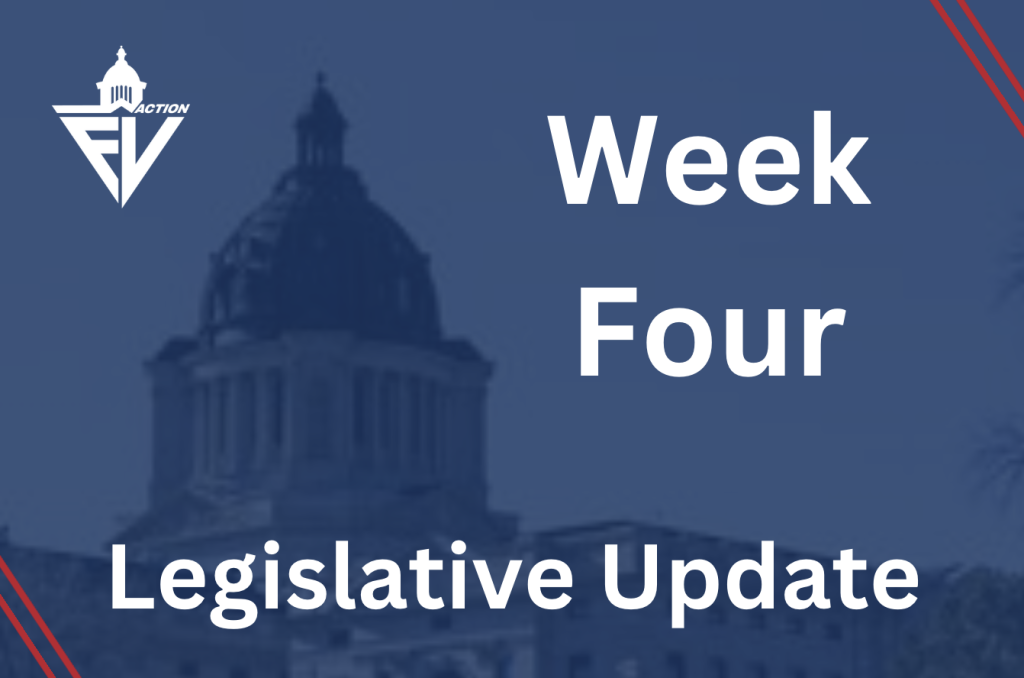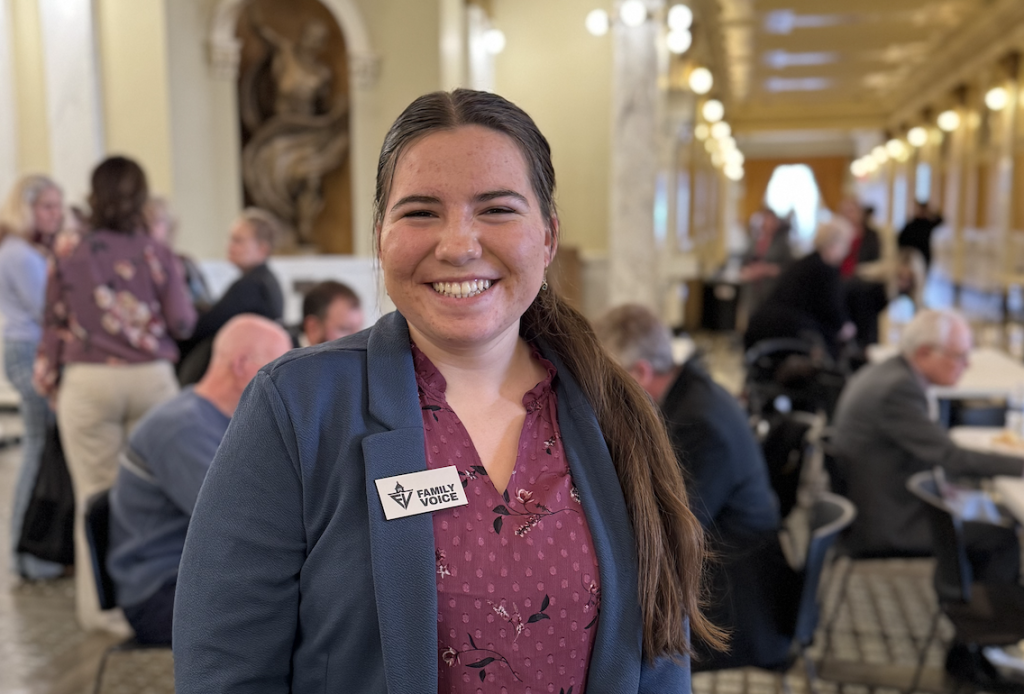
Michelle Klimek, a Sioux Falls mom with a teaching degree, flipped through a book a parent had shown her found in the high school library where their kids attended. It was May of 2022, her son was a junior. The content shocked her: vivid pornographic content and violence in books geared for teens. “The book was appalling,” she recalls. “I thought, what are we doing?”
Michelle, now a member of Moms for Liberty, quickly came to realize that it’s not just one book. Many parents have discovered that this infiltration is a pattern. Young adult novels like Tricks that follows five troubled teens working as prostitutes with depictions of child sexual abuse. Poetry in The Sun and Her Flowers with images of oral sex. Then there’s What Girls Are Made Of by Elana K. Arnold, available to young teens across the state, dominated by graphic descriptions of sexual intercourse, masturbation, and abortion without parental knowledge. Or All Boys Aren’t Blue by George M. Johnson, a memoir recently on the South Dakota Library Association’s Teen Choice list, where the author vividly describes his first sexual encounter with his male cousin and his painful teen anal sex experience with an older man, shaped by his “avid porn watching.”
Giving material considered harmful to minors is a misdemeanor in South Dakota, so why do some school libraries carry these books, clearly pornographic in content? The reason is the same reason Michelle and other concerned parents keep hitting a wall in their fight to rid school libraries of these books: the carve-out, or exemption, in South Dakota Codified Law 22-24-31 and 22-24-37 that excuses schools or other educational institutions from rules against disseminating material harmful to minors.


That’s why HB 1239— “An Act to revise certain affirmative defenses to dissemination of material harmful to minors and obscenity offenses”—matters. The bill, introduced by Rep. Bethany Soye, removes the carve-out, holding schools and libraries to the same standards as any citizen. As the South Dakota Catholic Conference notes, current law prohibits material “harmful to minors,” defined as content “predominantly appealing to a prurient, shameful, or morbid interest of minors… without serious literary, artistic, political, or scientific value.” However, schools and libraries are exempt, letting taxpayer-funded institutions evade rules that apply to everyone else.
Soye explained in the House debate, “This bill is specifically saying we want our librarians and museums to be held to the same standards as every citizen in the state.” She stresses it’s an update to HB 1197, not censorship and not a book banning. Additionally, the bill does not aim to jail librarians.
Soye and supporters like the South Dakota Catholic Conference and Family Voice Action insist no one’s been locked up in the 12 states that do not have the carve-out. Five of these states—Arkansas, Indiana, North Dakota, Montana, and Tennessee—have already repealed their similar exemptions, with no librarians jailed. “There has not been one case of that happening,” Soye clarified during the debate amid statements of concern regarding handcuffing librarians.
Despite the repeated evidence to the contrary, opponents of the bill keep hammering the “librarians to jail” line. Rep. Kassin, a parent, called it “frankly embarrassing” to discuss criminalizing librarians. Rep. Van Diepen, a law enforcement veteran, argued, “If you didn’t want them to go to jail, it wouldn’t be in there.”
In response, Michelle countered, “I don’t want anyone going to jail. We have grace in our heart.” The focus is all wrong. The real concern is for the kids.
“I have found dozens of pornographic books that are available in my children’s public-school libraries,” Amy Bruner said, a mom and the chair for the Minnehaha County chapter of Moms for Liberty.
Rep. Hughes drove it home in the South Dakota House debate, quoting the Supreme Court, “Obscenity has no privileged protection under the First Amendment.” He called on fellow legislators, “Our children are impressionable … Please vote Green.”
Soye referred to a long-standing Supreme Court precedent in response to those concerned about potential side effects of the bill. She explained that the bill includes exemptions for material with “serious literary, artistic, political or scientific value,” ensuring it doesn’t qualify as harmful to minors. Using this standard, Soye noted that iconic works like Michelangelo’s statue of David–known for its artistic value–or the movie Titanic, with its brief nudity, would be protected by literary or artistic merit.
Sioux Falls mom Michelle shared an analogy looking back at WW2 history: “I was taught that there were experiments done on people. What I wasn’t taught until I became more mature and able to handle certain things is the type of experiments they did on people,” she said. “So, there is a place for significant value material.” The distinction shows why HB 1239 can protect kids from pornography while preserving meaningful content.
Michelle’s fight mirrors that of other parents across South Dakota, including Amy. She’s submitted two challenges and an appeal—all rejected. “We fail before we begin because of the law,” she lamented. It’s a three-month ordeal per book, and with school libraries holding a number of these books, it’s a slow fight.
“Many concerned parents, grandparents, and citizens have gone to their libraries, school boards, and administrations to address these books and their concerns for the children who have access to them,” Amy said. “Unfortunately, in all but a few cases, the schools and libraries have ignored citizen concerns, and the pornographic books were reshelved and maintained their place in the library—available to children.”
Soye noted libraries often blindly accept national recommendations, like award-winning YA books hiding porn. “We need to take a good hard look at that,” she said.
For Michelle, the failure of schools to protect the youth and innocence of its children took part in her decision to homeschool her two youngest kids. “It can destroy lives, as we know, to continue into adulthood with an addiction to porn,” Michelle said. “There are topics and concepts being introduced to the children with no parental guidance.”
At the Sioux Falls City Council meeting on December 10, 2024, parents read excerpts from these problematic books, prompting an explicit content warning on the video. The warning led many to beg the question, why are these books accessible to our kids if reading them aloud in a public meeting requires an obscenity warning?
HB 1239 isn’t a book ban, and by precedent, it doesn’t send librarians to jail. It lets adults access these materials, just not kids. South Dakota parents aren’t asking for much—just an updated law that lets them protect their kids in a place that they shouldn’t need protecting. The Senate should listen and pass HB 1239, preserving the innocence of South Dakota’s children.

